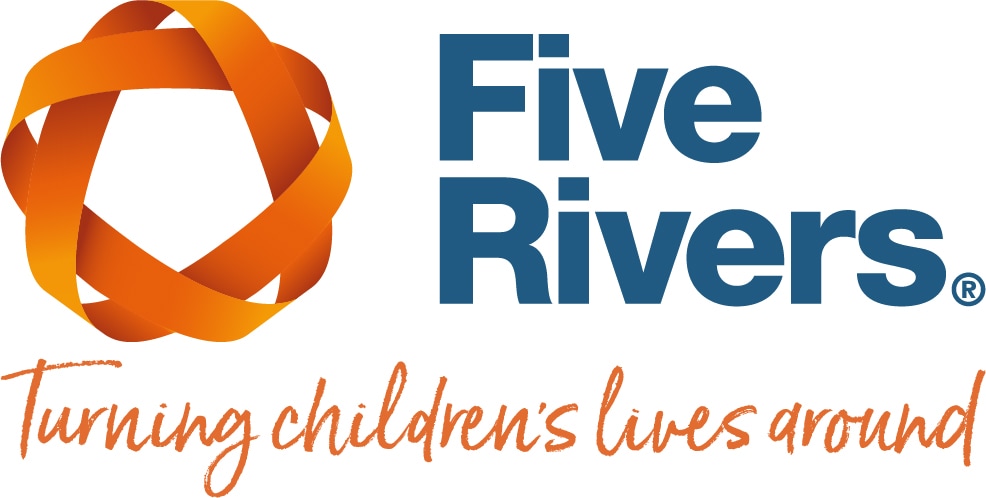Eating Disorders Awareness Week
Eating Disorders Awareness Week is run by Beat Eating Disorders and this year it runs from 27th February – 5th March.
It is estimated that 1.25 million people in the UK suffer with an eating disorder. There are a variety of eating disorders including Anorexia Nervosa (limiting/excessive control over food), Binge Eating (consuming large quantities of food uncontrollably), Bulimia (binging food followed by purging), and OSFED – Other specific feeding or eating disorder (When a person’s symptoms do not fit expected symptoms of anorexia, bulimia or binge eating).
Eating disorders affect those of all ages, ethnicities, backgrounds, and genders who use disordered eating to cope with difficult and/or complex feelings. Troublingly, research has shown only 20% of a study sample received psychological treatment for their disorder with 48% (230 participants) felt they were not taken seriously when seeking help. Moreover, it was found the mean length of time between first symptom experiences and recognising one had an eating disorder was 4.7 years. These figures emphasize why it is crucial to have awareness around eating disorders, how they may present, and how we can help.
This year, the theme for Eating Disorders Awareness Week is #StrangerThingsHaveHappened. The hashtag is a reference to a campaign created to highlight that men get eating disorders too.

Eating Disorders in Men
Although eating disorders in males are less prevalent than in females, 25% of those affected by an eating disorder are male and often go undiagnosed and untreated. The expectation of males to conquer and appear dominant contributes both to the cause of eating disorders in males and why they potentially go undetected to others. Triggers for males to develop an eating disorder include but are not limited to:
- Critique for being overweight
- Comments from a sports coach
- Pressure at work/home/socially
- Relationship breakdown
- Being involved in a sport that requires weight control
Males with Anorexia
Anorexia presents as extreme exercise and restrictive eating. Research groups have shown that excessive exercise and binge eating/purging episodes were more frequent in male groups (50% of males compared to 33% of females). Despite the criteria for an Anorexia diagnosis remaining the same for both males and females, men begin by aiming for a leaner, muscular look as opposed to a female’s desire to be ‘thin’.
Males with Muscle Dysmorphia
Muscle Dysmorphia is considered a mental health disorder that is often grouped with eating disorders. The disorder describes individuals who strive for muscularity and leanness, experiencing body image conflicts in the process. Sufferers develop an image of themselves as being too thin or too flabby which leads to harmful changes in diets as well as hormone and steroid abuse.
They also may cut out major food groups leading to potential nutritional deficiencies and dietary issues. Muscle dysmorphia carries similarities in presentation to anorexia in that men will compare and critique themselves, highlighting issues around low self-esteem.
Tips on how to help if you suspect someone may be suffering from an eating disorder:
- Be informed. Beat have a really useful guide around eating disorders.
- Talk to them. If you decide to approach them about your concerns, make sure you find a private space and a calm time (avoid around meal times).
- Address feelings rather than food. Bring up why you are concerned and talk about how they may be feeling rather than focusing the conversation on food. If they appear angry or defensive, restate that you have raised your concerns because you care and will be there when they are ready.
- If you have addressed your concerns with someone and not noticed change, don’t be afraid to approach them again. Even if they did not react well on the first occasion, try gently revisiting your concerns and encourage them to talk about how their feeling. If you feel a conversation would not be beneficial or the matter is urgent, consider sharing support services/links with them:
